Did you know? Over 75% of the world’s major crops depend on the pollination of edible plant species, including fruits, vegetables, nuts, coffee, and more. Moreover, more than 30% of our food depends on bee pollination. However, the health and survival of this species are seriously under threat.
Fully aware of these challenges, the Véto-pharma Bee Science department has been committed to bee health for over 25 years. We support the beekeeping sector by staying attentive to its needs and developing innovative, safe, and effective solutions. Our efforts are paying off, as our products help support over six million colonies each year!
Beyond our current product range, we are making significant investments for the future. These include research projects aimed at developing new treatments for Varroa, solutions for trapping hornets, and high-quality nutritional products, thus supporting beekeepers in their work.
Our Areas of Action
Fight against Varroa
Varroa destructor is a parasitic mite that weakens honeybees, facilitating the spread of diseases and viruses. Fighting against Varroa is essential to ensure the survival of bee colonies, which play an essential role in pollination and sustaining global food production.
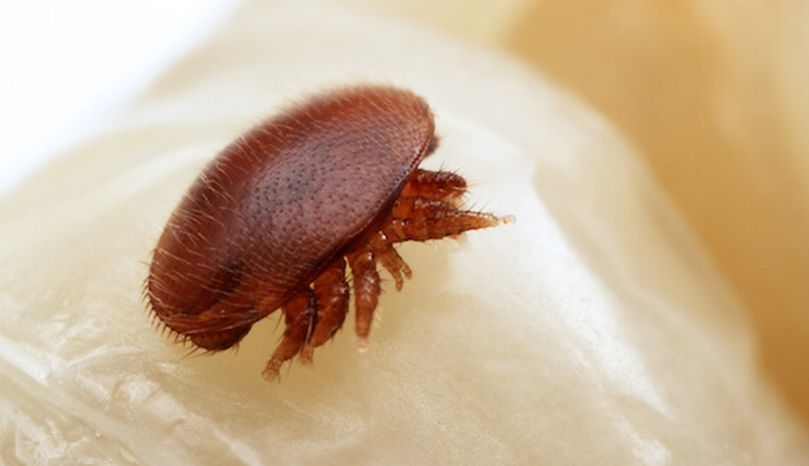
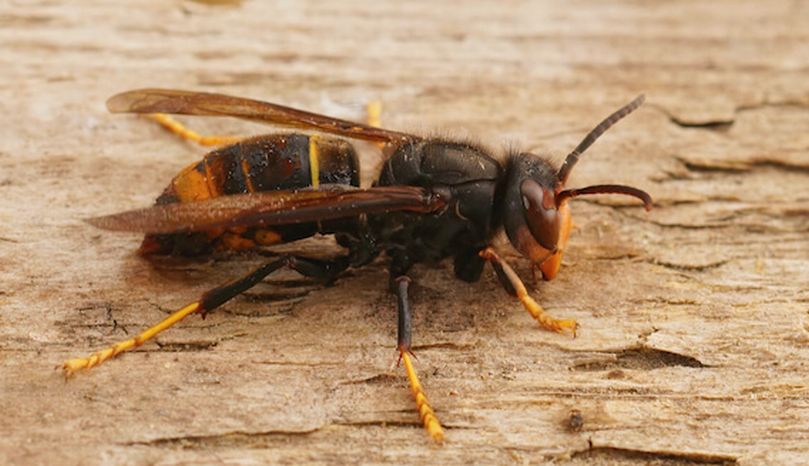
Asian hornet trapping
These formidable predators attack hives and devastate colonies, affecting colony survival, honey production, and pollination. By developing effective solutions to trap hornets, we can curb their proliferation and maintain the balance of ecosystems.
Bee nutrition
Feeding bees is often simplified to merely providing sugar, but it is actually much more complex. It requires special attention, particularly during rainy seasons or in areas with limited floral diversity.
Adequate nutritional intake, both in terms of quantity and quality, is essential to ensure the proper functioning of the colonies!

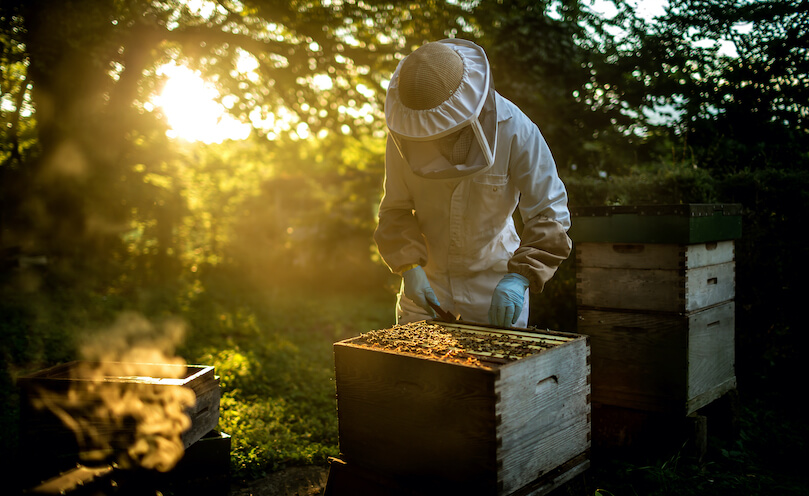
Our support for the beekeeping sector
At Véto-pharma, we are fully committed to supporting beekeeping and bee health. From Research and Development, with our experimental apiary and R&D laboratory, to partnerships with associations and universities, as well as our financial investments: our actions are driven by innovation and collaboration!
Discover all our initiatives to value bees, support beekeepers, and promote biodiversity.

Practical guide summarizing key tips for using the Apivar treatment: where to insert the strips, how long to leave them in, when to reposition them, etc.

This document contains the instructions for use for the VespaCatch Select in several languages (English, French, Spanish, Portuguese, Italian, German, Hungarian, Dutch)

This document contains the operating instructions for the Varroa EasyCheck Co2 Injector in several languages (English, French, Spanish).

A 28-page guide on how to optimize bee nutrition and thus strengthen their development, co-written with Pajuelo Consultores, beekeeping experts.

In winter, as temperatures drop, bees become less active, and the availability of natural forage decreases. Your bees will need extra help to survive the cold season.

Read our new 20-page guide on “Integrated Varroa Mite Management throughout the Seasons” co-written with Dr. Gérald Therville, a french veterinarian with a specialized diploma in Beekeeping.
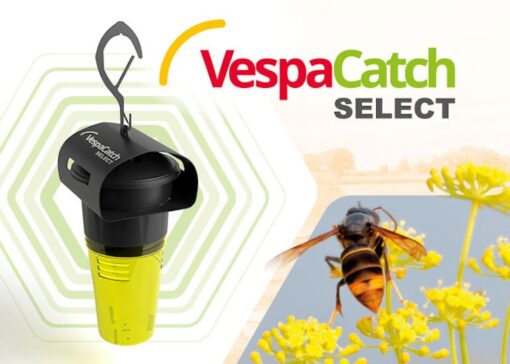
Field Evaluation of the VespaCatch Select Trap (Vétopharma) – Spring 2025
2025 evaluation of the VespaCatch Select trap: effectiveness and selectivity against the Asian hornet in real-world conditions.

Behind the scenes of a medicine for bees.
Véto-pharma offers 5 episodes to provide a realistic view of the processes and regulatory of a medicine launch.
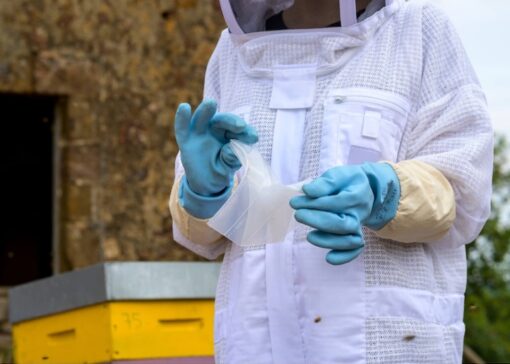
Varroa treatment: new Apivar® formats and new pre-cut design
Discover Apivar’s new formats and pre-cut strips for effective Varroa control. Same proven formula, improved practicality, available from 2026.
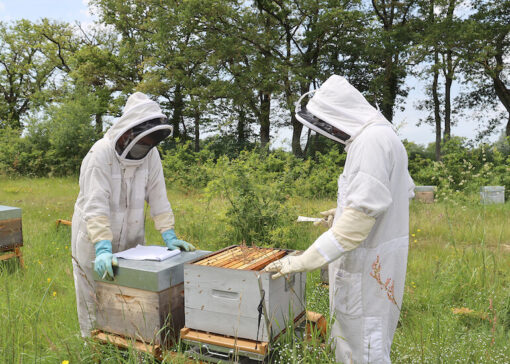
Behind the Scenes of a Trial: From Start to Finish!
Véto-pharma supports beekeepers in the fight against varroa through hive trials designed to test effective solutions.
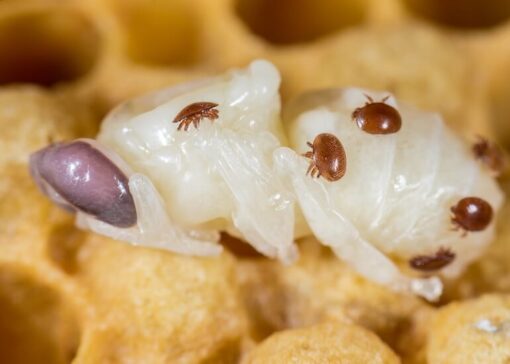
Case Study No. 3: Trickling Oxalic Acid in summer – implications of a “failed” treatment
Why oxalic acid trickling failed in summer varroa control. A case study on brood interruption, timing mistakes, and treatment efficacy.
![[USA] Amiflex® 2.0 – new varroa mite Flash treatment without RUP license](https://www.blog-veto-pharma.com/wp-content/uploads/2025/12/Amiflex-2.0-510x364.jpg)
[USA] Amiflex® 2.0 – new varroa mite Flash treatment without RUP license
Véto-pharma has just obtained the EPA federal registration for Amiflex® 2.0, a 7-day-flash treatment for varroa mites.
